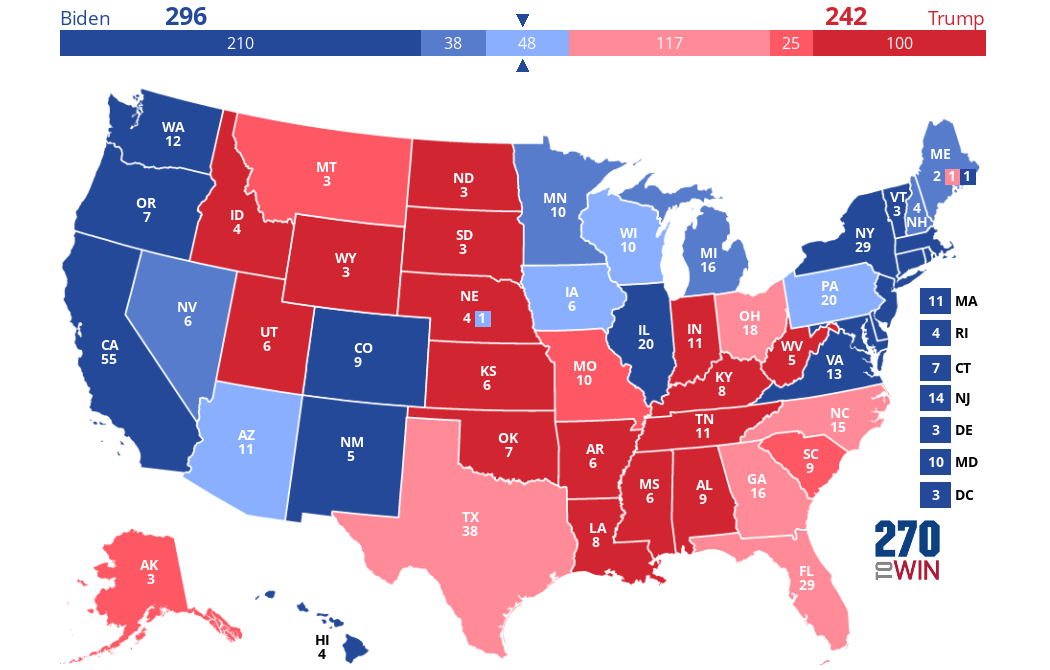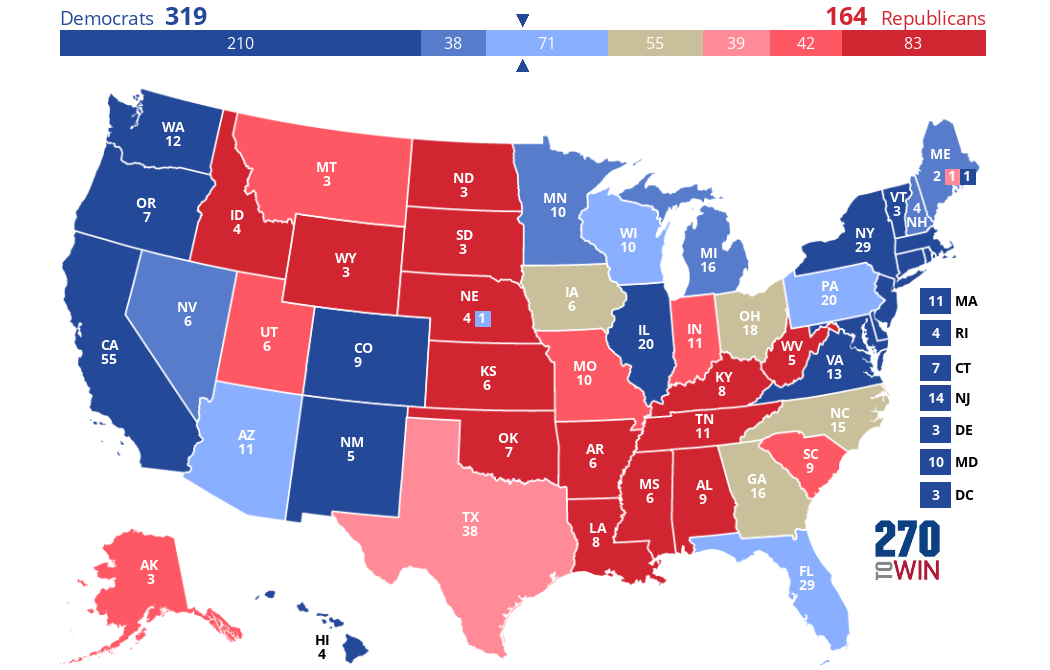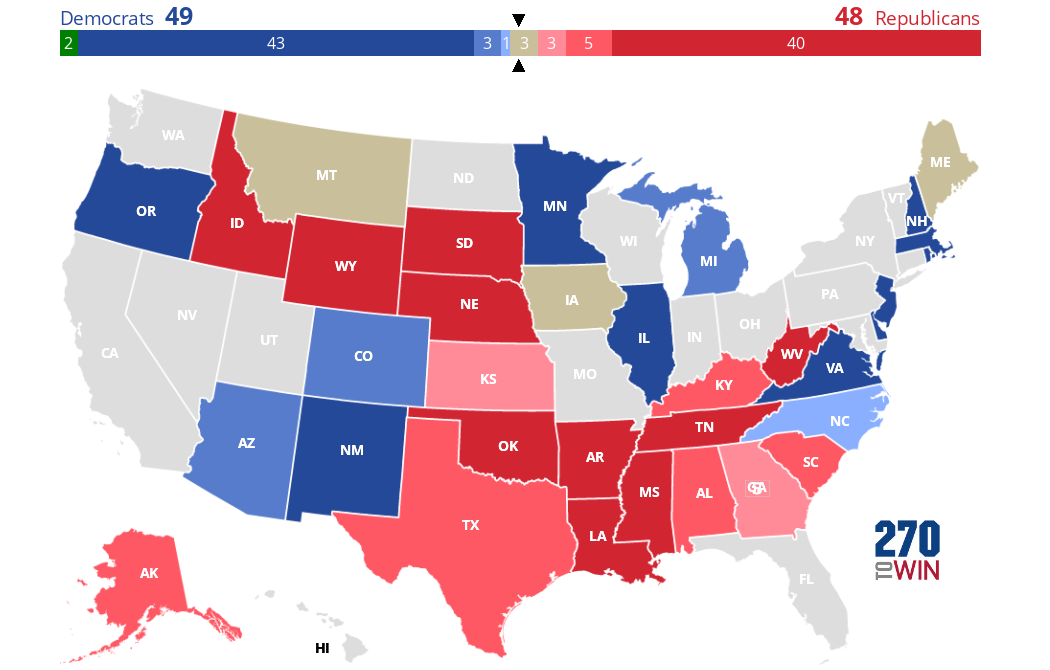Q: What's massive, round, very white, and leaves behind planet-scale destruction, devastation, death and despair?
A: Death Star.
The villainous symbol of the tyrannical Empire in the Star Wars series shares two critical weaknesses with our celebrity specializing in collateral cruelty, who personifies for us the Death Star. One is lack of self-awareness, the other is delusions of omnipotence.
Still no change in the status quo: Biden still won, Trump still a sore LOSER.
Scurrilous Rumor Creation
I am willing to throw out an unfounded suspicion that the reason that the DIA and NSA were not permitted to meet with the Biden transition team today was not merely petty recalcitrance but something more serious. Let's entertain the notion for a moment that the US spy agencies were more involved in the assassination of the Iranian nuclear scientist than I thought. * Without the proper cover from the President, that would be illegal. In that case, they might need a few days to get their stories lined up, to get backdated orders, to destroy all trace, or to figure out who would need a pardon from Trump when he goes into his orgy of forgiveness for all crimes, real or imagined, past, present, or future (limited only to Federal ones, though...)
I will say that Trump has taken the trouble to fire the Secretary of Defense and a number of people in the national security area and replace them with typical Trumpian stooges, when there seemed to be little practical use for such changes in these last days. Unless there is some kind of mischief Trump intended, once again going beyond mere vengeance. Like poisoning the chances for any new agreement with Iran to get them to end any nuclear weapon development. You know, the thing Trump blew up.
As you may have seen before, I don't fully subscribe to Michelle Obama's credo of "going high". Of course, I do, when it suits me; however, I reserve the right to attack my enemies in the way that may be most effective.
Virus Duo
I never liked the odd, not-catchy-nor-meaningful name for the vector of our pandemic. What's a "covid", and "19" is not really the relevant year, is it? (I know, that's when it was discovered.) Coronavirus is a better term, it has a good ring to it, and it has already given way to the cool nickname 'rona (and references to the one hit from The Knack), but in reality it is a class of viruses, not one, and not all of which are even infectious to humanity.
I propose that we put this shoe where it fits. It is The Trump Virus.
Donald has been putting his brand on acquired objects for most of his career; it's a point of pride. He has acquired the virus, literally, but he owns it in a much more substantial sense. Without his "downplaying" of its serious threat, his mocking of the necessary public health measures to control it, and even his actions which have helped it to spread domestically--not to mention the miserable example he provided for other autocratic types around the world to imitate--the pandemic might have been contained, which it most assuredly is not the case today.
The request to rename it is coming directly to me from the virus itself, as it gives Donald full credit for its successes this year. See "The Overstory" for a tree-based version of this concept.
I feel that the Biden Administration will conquer the Trump Virus pandemic. As the vaccine comes on line, he will have the tools he needs, the people who are eager to combat it in the most effective ways, and he will get the money he needs for that. Or else. Actually, I do not think Mitch will allow himself to be the roadblock for vaccine distribution money. Other things, yeah.+
The question for Biden is whether he will be able to defeat the other one, the Trumpism Virus. He will have plenty of help in shedding that load of snake oil, including a growing cadre of Republicans, and even moreso from Independents, who by definition have no leadership cadre, but who are very frustrated now and will want to move on. I expect the business community's attitude will be very similar to that of Xi Jinping: "the baubles were nice, but we prefer dealing with someone who has a stable mind". ++
It's about breaking the Cult of Personality. Some are convinced that he can do whatever we want; either he's chosen, or he's invincible. To those people, I usually invoke their deity, the Old Testament God who brought plague down upon the Pharaoh (or now, the would-be Pharaoh). Isn't that maybe the case here?
Not all are like that, though. Those of us familiar with American history can't be too supercilious about a large portion of his devoted followers whose attitude is something like "He may be a snake, but he's our snake, and he does what we want, so that's good." That's where you have to turn them away from the charm. A shiny object won't do it, as many have been tossed their way without distracting them. The gas lamp is lit, always, in Trump Tower, and it is somehow fascinating enough. We got to put out the lights.
No, I didn't mean that. What I meant is an effort to show the people what a real government is like, what it can do. It may or may not happen, beyond just the defeat of the Trump Virus, in the short time before the 2022 midterm elections--that is the best case scenario. But surely a proven recovery of the economy within four years, in a new and improved form, would lead to a re-election of a Democratic administration, which would be the end for that germ.
It's not quite exile in disgrace, but it would allow us to resume normal life. Which brings me to the last rant.
Will It Really Just Disappear?
There's been a lot of attention--too much--to the question of whether Trump will appear at the Biden-Harris inauguration, which it appears will be held in the classic location on the steps of the Capitol, damn it all. I'm about 95% positive he won't; what will stop him is the fear of a bad reception by any members of the public. As far as that's concerned, I would encourage all of them to boo--loudly and repeatedly, but only for several seconds--at his first appearance. Hold onto your shoes, though.
Biden could get him to come if he wanted--just throw a big party in the new Trump International Hotel Washington, D.C., in the converted old Post Office building, and make a big deal about his presence. Biden doesn't want to, though, even if he says the right thing and points out that the whole world will be watching, very important to showcase the peaceful transition, that sort of thing.
No! Trump should slink away in disgrace, put on his sideshow somewhere to compete with it, and have no respectable agency cover it at all. The world should understand that there are penalties for his kind of behavior, that he will be shunned.
When Dubya left office, I promised to leave him alone if he kept himself under wraps and didn't make trouble, and he and I have been deliriously happy with that arrangement. With Drumpf, though, it's different: I promise to ignore anything he says or does to get attention after he leaves office. I reserve the right to refer to him, not as an active anything, but as an example to avoid. If I do, he will be referred to as Death Star.
And any further reference to this thing currently causing so many to die before their time will be as the Trump Virus.
But I really hope not to need to do either.
* I considered writing in the piece about the assassination that the notion of US involvement should be excluded, but decided not to mention that aspect at all. We the people don't have proof either way; I'm just exploiting certain coincidences to coin a conspiracy, if anything to show I can create one that's more plausible than the stuff going around.
+I will discuss the prospective Biden-McConnell relationship in another post, a critical consideration and limitation on Biden's possibilities, and I add now that its criticality does not depend on the Georgia runoff.
Here on the eve of the arrival in Georgia of Death Star, much is uncertain about that, as it may remain even for weeks after the January 5 runoff. These conditional considerations may not even be resolved by the January 20 Inauguration!
++I will try to address briefly the jolt that Trumpism's America First policy has put into our foreign policy, permanently. It will be reversed, but the memory of it will linger. Strangely, that is not all entirely bad, from the despicable but inevitable mindset of realpolitik; better that all understand our potential for mindless hostility and selfishness, with no regard for the consequences.

 Click the map to create your own at
Click the map to create your own at 








